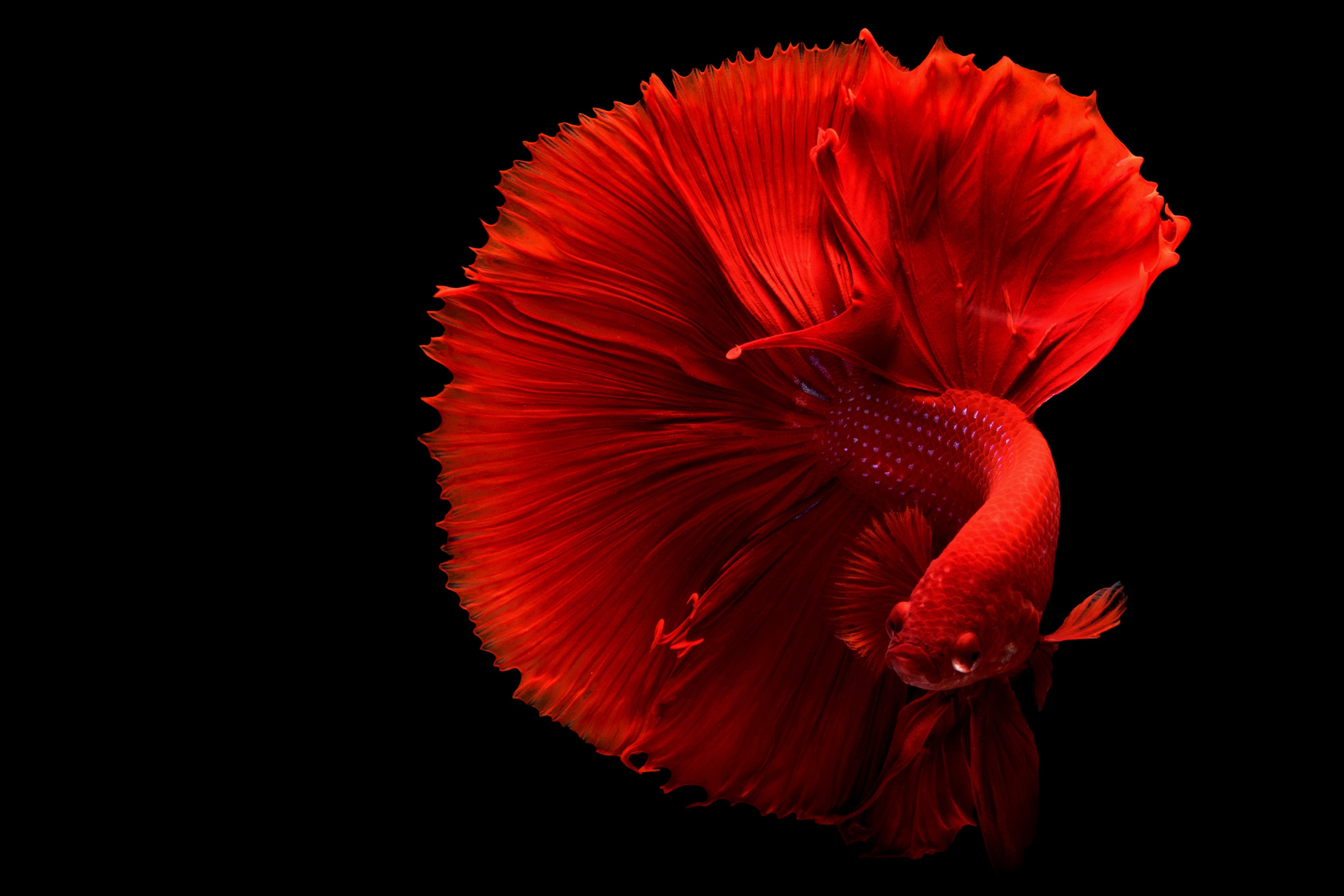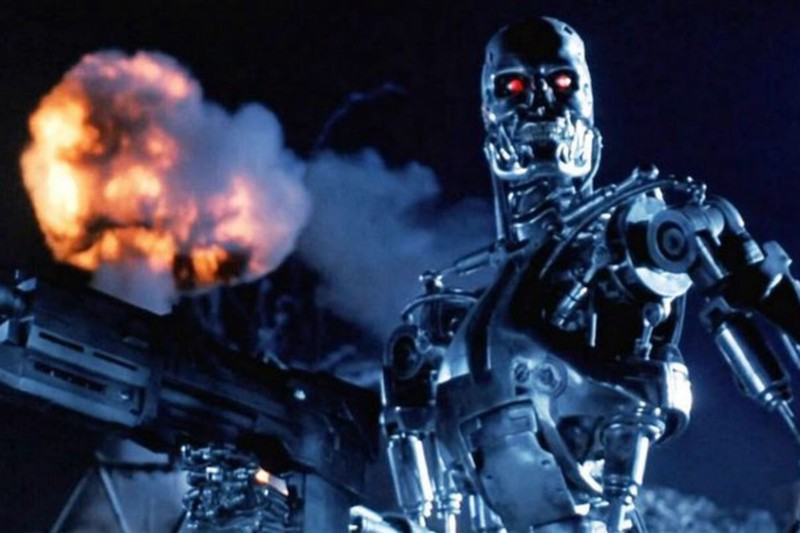On Saturday at the South by Southwest conference congresswomen Alexandria Ocasio-Cortez (D-N.Y.) emerged as the unlikely champion of AI. For Cortez machine learning technology has the potential to do lasting social good and is something people should be excited by. Cortez made the point that loss of jobs is only a problem within an economic system that renders the unemployed defenceless and vulnerable: “Robots aren’t the problem, economics are”.
This is certainly a surprising interpretation by the staunchly socialist Cortez. The perceived take is that the rise of automation will eliminate the blue-collar class who are working in those tedious jobs that can be easily automated. In this version of robot dystopia, the government are left to support a growing number of unemployed whilst the rich get richer off cheap automated labour.
For Cortez the way to balance the scales is taxation. Ocasio-Cortez quoted Bill Gates’ suggestion that robots should pay taxes as reparation for the people they are replacing. However, Cortez is much more direct about what this would actually look like stating that the robots owners are the ones that should have to pay taxes –“What [Gates is] really talking about is taxing corporations at 90%, but it’s easier to say: ‘Tax a robot”.

AOC at the SXSW event on Saturday: Getty Images
This reimagining of the workplace might sound radical, but it is what we are already working on here at Jaggu HQ. Through automating thankless labour we are seeking to create a freer working environment, where humans can focus more on creativity and expression.
AI will never be able to replace the spontaneous and subjective spark that is human creativity. Understanding being the uniquely human character trait essential to producing affecting work. This level of artistry is simply not something an emotionless bot is capable of replicating.
Technology can support humans by dealing with the more mundane parts of the working process, minimising the time spent on tasks like supermarket checkouts or analysing datasets, indeed, by automating some of these initial stages of work, AI frees up human beings to become more genuinely creative.

Human and AI connection: Getty Images
Here at Jaggu, we do precisely that, comprehending reams of data so creatives don’t have to. We automate the menial and thankless processes of content curation. In this way, we hope to free up creatives’ time to focus on the more pressing issue of creative development- providing them with all the information they need to make meaningful and exciting choices.
Cortez’ remarks speak to a wish to rediscover a more human economy. For her, automation is a way of allowing people to rediscover work that is more in keeping with the natural human condition and simply “enjoy the world we live in”.
Her commitment connects technological innovation with social responsibility and reflects our own view that AI can be used as a tool for good.
Automation is here to help not hinder.




